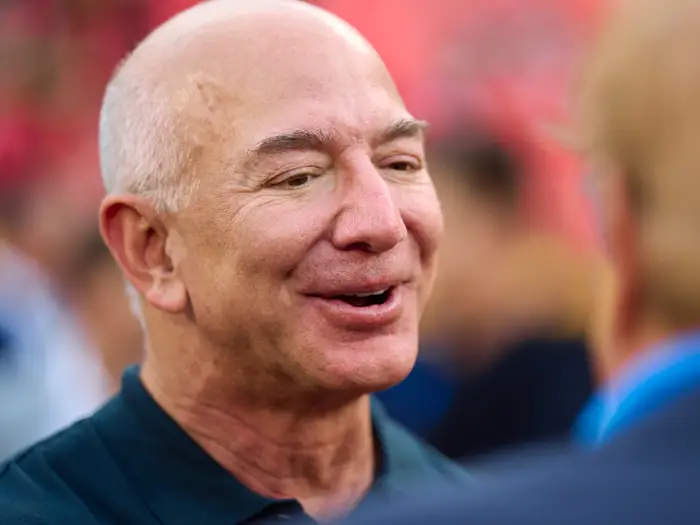
Jeff Bezos, owner of The Washington Post, has defended his decision to halt the paper’s presidential endorsements, a move that has sparked internal resignations, subscriber cancellations, and public criticism. In an op-ed published Monday, Bezos framed the decision as a necessary step to strengthen the paper’s credibility and dismissed speculation that it was intended to serve his personal or political interests.
“Presidential endorsements create a perception of bias and erode trust in our independence,” Bezos wrote. “This is a principled choice, and it is the right one.” He added that such endorsements do not sway elections, emphasizing that voters do not base their decisions on which candidate a newspaper supports.
The decision has drawn sharp criticism from both inside and outside the newsroom. Three editorial board members—David Hoffman, Molly Roberts, and Mili Mitra—resigned, citing their opposition to the paper’s refusal to endorse Vice President Kamala Harris over Donald Trump. Hoffman, a Pulitzer Prize winner, described the move as “unconscionable” given what he called the threat of autocracy posed by Trump’s candidacy. Roberts voiced similar concerns, saying, “If we can’t advocate for the best candidate at a moment like this, what is the purpose of the editorial board?”
Public backlash grew as other high-profile figures, including journalists Bob Woodward and Carl Bernstein, criticized the paper for abandoning its editorial responsibilities. Marty Baron, the paper’s former editor, called the decision “cowardly” and argued that it undermines the Post’s tradition of defending democracy.
Rumors spread that Bezos’s decision was intended to curry favor with Trump, especially after Trump met with Blue Origin executives shortly after the announcement. However, Bezos denied any link between the meeting and the endorsement policy. “There is no quid pro quo here,” he wrote. “Neither candidate nor campaign had any input or prior knowledge about this decision.” He expressed frustration over the timing of the Blue Origin meeting, saying, “I knew it would fuel speculation, but I had no advance knowledge of it.”
Bezos acknowledged that the timing of the change—just two weeks before the election—was problematic but attributed it to poor planning, not strategy. “I wish we had made this decision earlier, away from the emotional peak of the election,” he admitted.
The fallout has been severe, with thousands of subscribers canceling their memberships and an open letter signed by several columnists criticizing the Post’s leadership. Despite the backlash, Bezos stood by his decision, stressing that it was necessary to adapt the paper for a future where trust in media is increasingly fragile.
“I will not allow the Post to drift into irrelevance,” Bezos wrote. “We must evolve to remain essential, even if that means facing criticism.” While promising that the Post will continue its investigative coverage and uphold its journalistic values, Bezos hinted that more changes might follow. “Some steps will revive old practices, and others will break new ground. But the stakes are too high to remain static.”
Despite the controversy, Bezos insisted that the paper’s mission remains intact. “This is not about silencing opinions; it’s about building long-term trust with readers.”

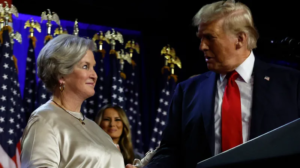
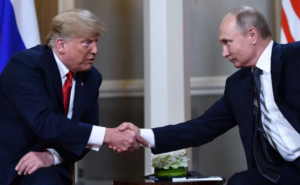
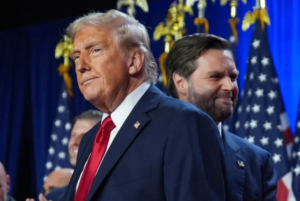

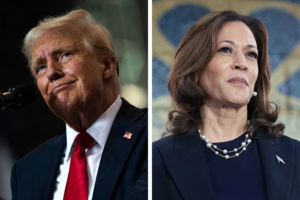
Be First to Comment